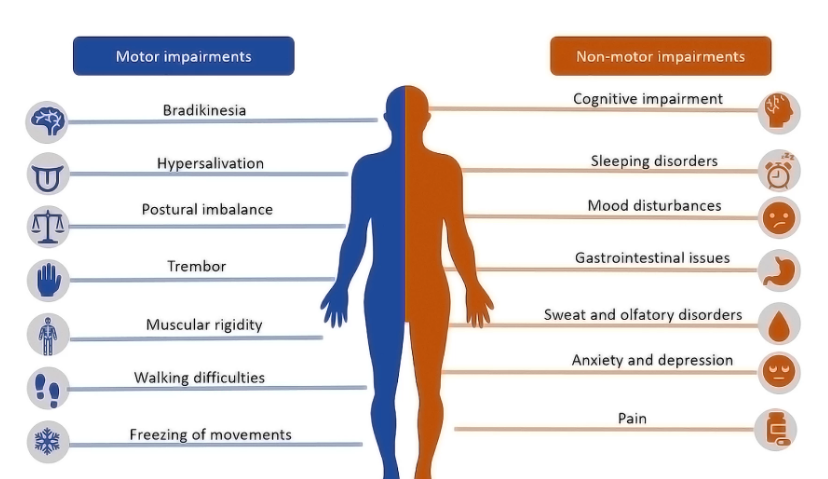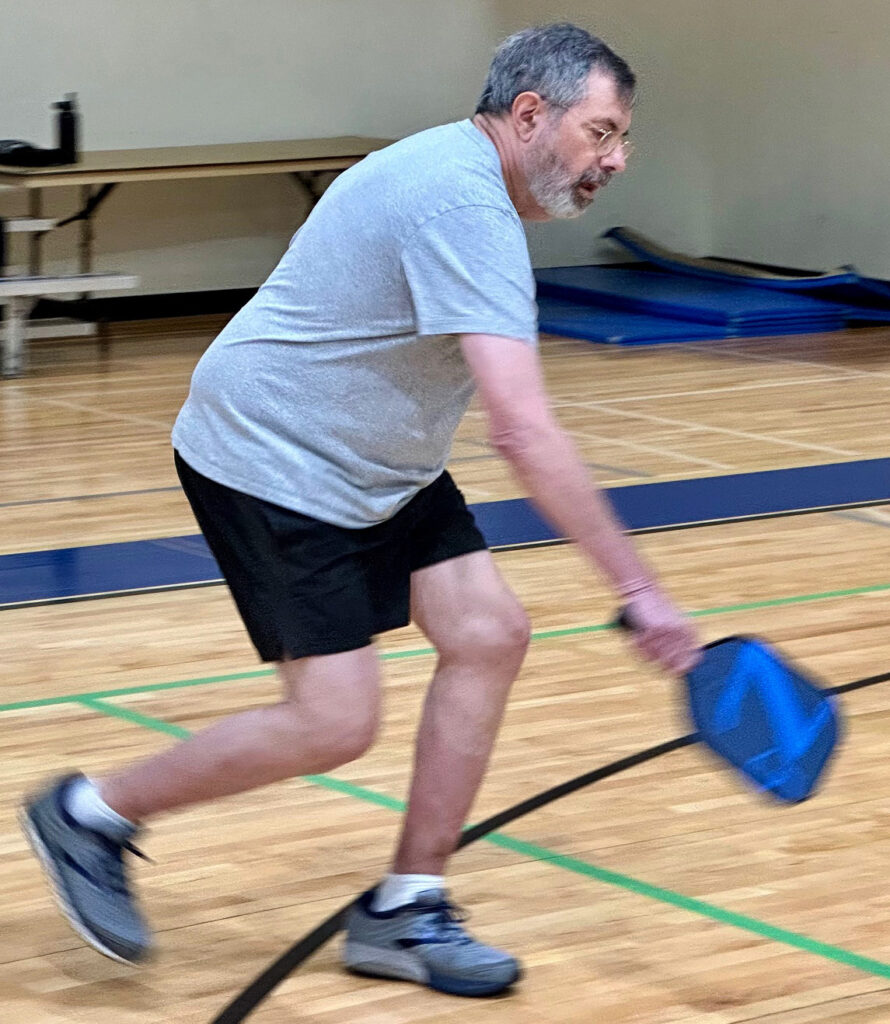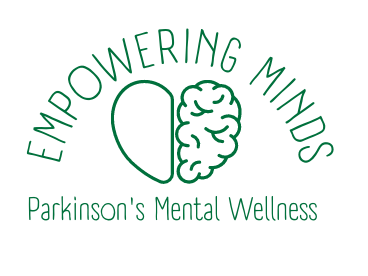Unveiling the Comprehensive Nature of Parkinson’s Disease: Exploring Motor and Non-Motor Impairments
| February 26, 2024

Image by CarrotsMitHummus/Wikimedia
Parkinson’s disease is a complex neurodegenerative disorder that not only affects motor functions but also manifests a range of non-motor symptoms, significantly impacting the daily lives of those living with the condition. In this blog post, we delve into the intricacies of both motor and non-motor impairments associated with Parkinson’s disease, shedding light on the various challenges that patients may face.
Motor Impairments
Bradykinesia, otherwise known as a slowness of movement, cause trouble with initiating and executing movements, making routine tasks more time-consuming and challenging.
Hypersalivation refers to an abnormal increase in the production of saliva beyond what is necessary for normal functioning. The precise mechanisms leading to hypersalivation are not fully understood, but it is believed to be associated with changes in the control and coordination of oral and facial muscles.
Postural Imbalance makes it difficult for individuals to maintain an upright stance. This instability increases the risk of falls and related injuries.
Tremors, involuntary rhythmic movements, are another prevalent motor symptom. They typically occur at rest and may affect various parts of the body, such as the hands, legs, or head.
Stiffness and resistance in the muscles can result in reduced range of motion, causing muscle rigidity.
Gait disturbances are common, and individuals may experience shuffling steps, reduced arm swing, and a general decline in walking ability.
Freezing episodes, where a person suddenly feels stuck and unable to move, can occur during walking or other motor activities, posing a significant challenge to daily functioning.
Non-Motor Impairments
Cognitive impairment can lead to issues with memory, attention, and executive functions.
Disruptions in sleep patterns, including insomnia, restless legs syndrome, and frequent awakenings, are common non-motor symptoms that impact the overall well-being of individuals with Parkinson’s.
Mood disorders, such as depression and anxiety, affect both the emotional and psychological aspects of a person’s life.
Digestive problems like constipation and difficulty swallowing are prevalent non-motor symptoms, adding to the overall burden of the disease.
Changes in sweat production and a diminished sense of smell are among the non-motor symptoms that may go unnoticed but contribute to the overall complexity of Parkinson’s disease.
Chronic pain, often related to stiffness and muscle rigidity, further impacting the individual’s quality of life.
Parkinson’s disease is a complicated condition that extends beyond its well-known motor symptoms. Understanding and addressing both motor and non-motor impairments is crucial for providing comprehensive care and improving the overall quality of life for individuals living with Parkinson’s. A holistic approach, involving healthcare professionals, caregivers, and support networks, is essential to manage the diverse challenges posed by this complex neurological disorder.
















